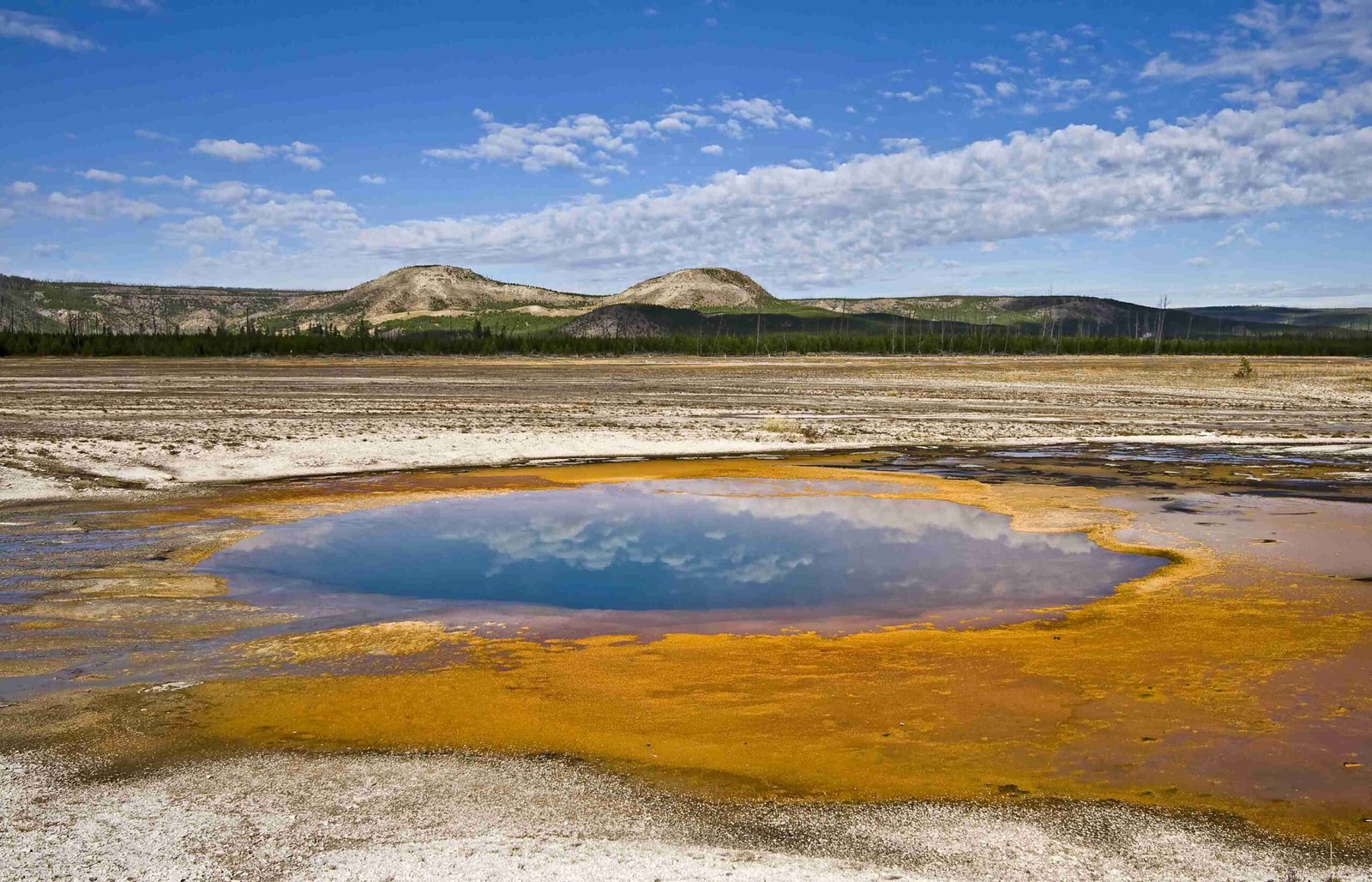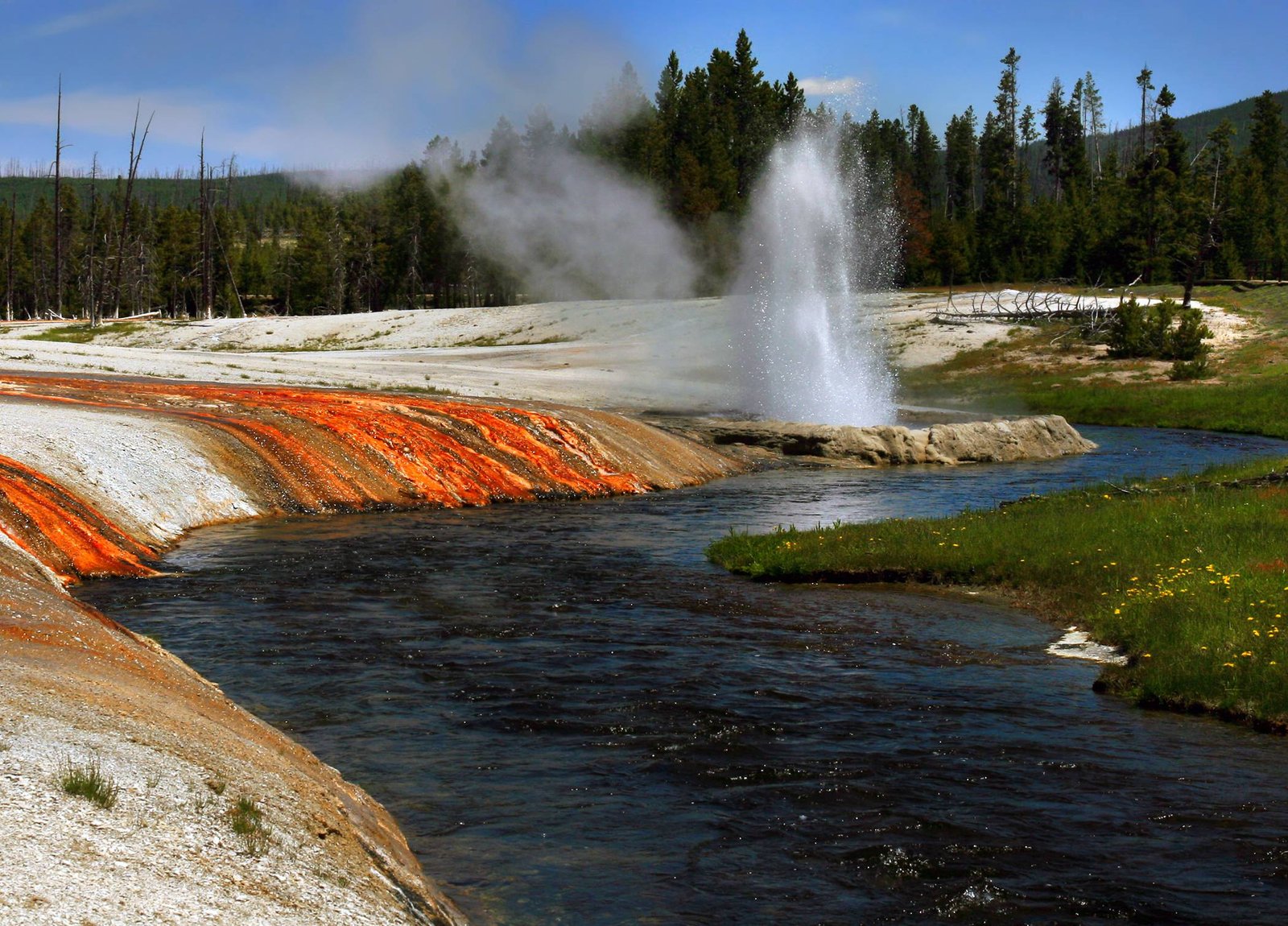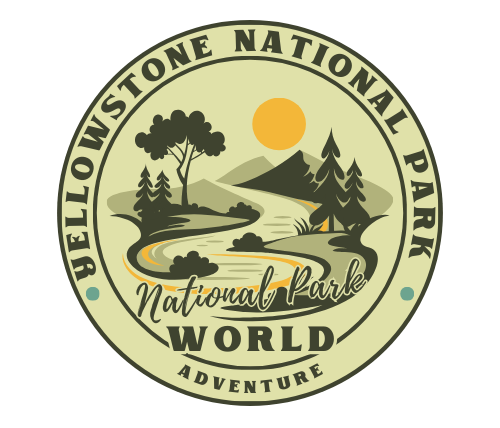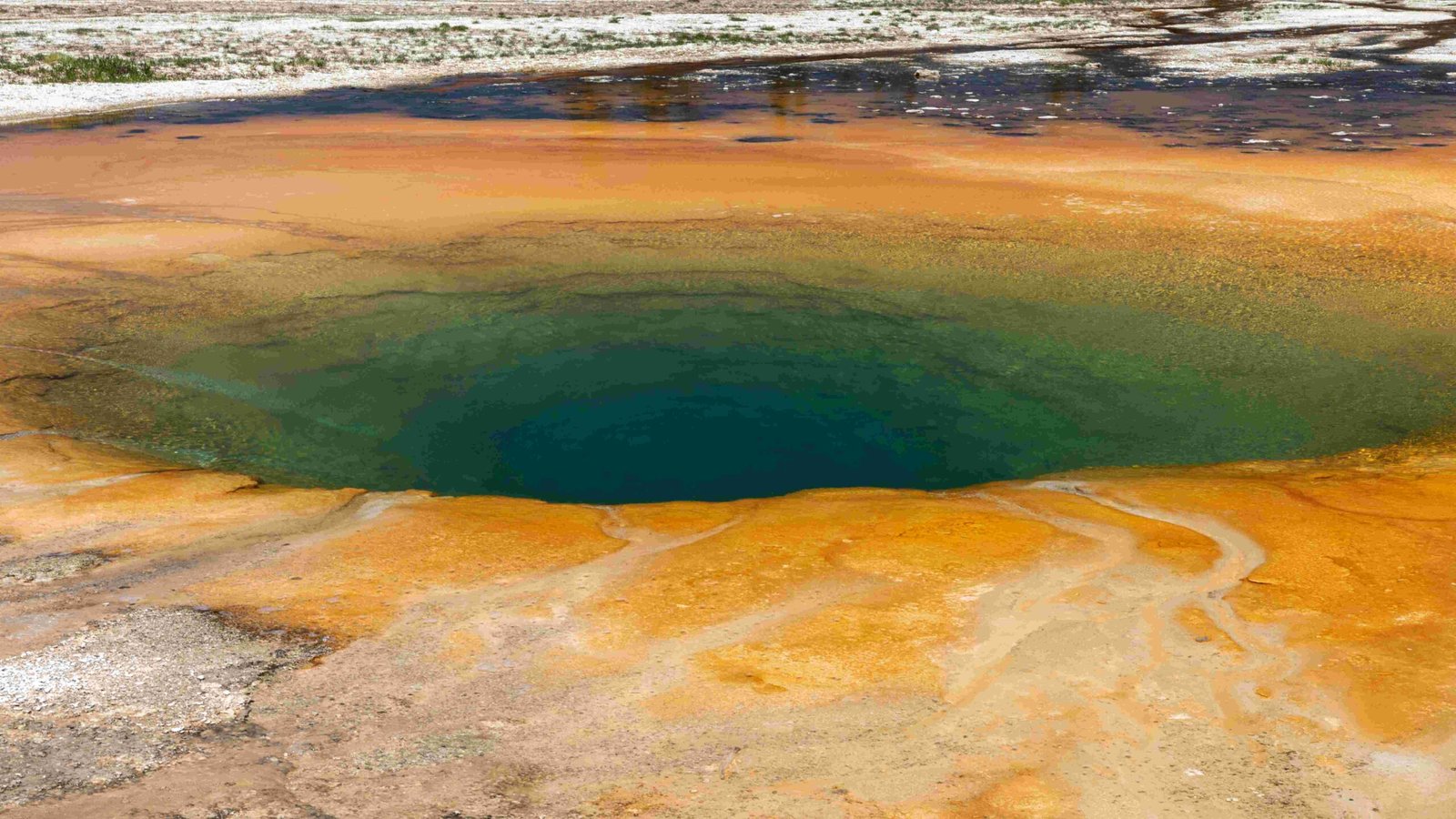Yellowstone National Park offers breathtaking natural wonders, diverse wildlife, and recreational opportunities. However, it also faces challenges like overcrowding and environmental impact. This guide explores the pros and cons of visiting Yellowstone, including accessibility issues, wildlife viewing tips, and lodging options, to help you plan an informed and responsible trip to this iconic destination.
What Are the Main Advantages of Visiting Yellowstone National Park?

Yellowstone National Park boasts numerous advantages that make it a must-visit destination for nature enthusiasts and adventure seekers alike:
-
Unique Geothermal Features: Yellowstone is home to the world’s largest concentration of geysers, hot springs, and mud pots. Old Faithful, the park’s most famous geyser, erupts approximately every 90 minutes, providing a spectacular show for visitors.
-
Diverse Wildlife: The park is a sanctuary for a wide variety of animals, including:
- Grizzly bears
- Gray wolves
- Bison
- Elk
- Moose
-
Bighorn sheep
-
Scenic Landscapes: From the Grand Canyon of the Yellowstone to the pristine Yellowstone Lake, the park offers breathtaking vistas and photo opportunities at every turn.
-
Recreational Activities: Visitors can enjoy a range of outdoor activities, such as:
- Hiking (over 900 miles of trails)
- Camping
- Fishing
- Wildlife viewing
- Boating
-
Cross-country skiing (in winter)
-
Educational Value: The park provides numerous opportunities to learn about geology, ecology, and conservation through ranger-led programs, visitor centers, and interpretive exhibits.
What Are the Main Disadvantages of Visiting Yellowstone National Park?

Despite its many attractions, Yellowstone also presents several challenges for visitors:
- Overcrowding: The park has experienced record-breaking visitation numbers in recent years, leading to:
- Traffic congestion
- Long wait times at popular attractions
-
Strain on park resources and infrastructure
-
Seasonal Accessibility Issues:
- Winter conditions can limit access to certain areas of the park
-
Natural events like flooding (e.g., June 2022) can temporarily restrict visitation
-
Wildlife Encounters: While wildlife viewing is a major draw, it also poses risks:
- Potential for dangerous encounters with large animals like bears and bison
-
Disruption of wildlife habitats due to high visitor numbers
-
Limited Accommodations: During peak season, lodging within and around the park can be:
- Expensive
-
Fully booked months in advance
-
Environmental Impact: High visitation numbers can lead to:
- Increased pollution
- Erosion of trails
- Stress on local ecosystems
How Accessible is Yellowstone National Park for Visitors with Disabilities?
Yellowstone National Park has made efforts to improve accessibility, but challenges remain:
Accessible Features:
- Wheelchair-accessible boardwalks around geothermal areas
- Some paved trails suitable for visitors with mobility issues
- Accessible visitor centers and facilities
Limitations:
- Rugged terrain in many areas of the park
- Limited accessible transportation options
- Potential overcrowding at accessible viewing areas
What Are the Best Wildlife Viewing Opportunities in Yellowstone?
Yellowstone offers exceptional wildlife viewing experiences:
Prime Locations:
- Lamar Valley: Known as the “Serengeti of North America”
- Best for: Wolves, bison, elk
- Hayden Valley: Wide-open grasslands
- Best for: Grizzly bears, bison, elk
- Mammoth Hot Springs Area:
- Best for: Elk, bighorn sheep
Viewing Tips:
- Visit during early morning or late evening for increased animal activity
- Use binoculars or spotting scopes for distant viewing
- Maintain safe distances (100 yards from bears and wolves, 25 yards from other wildlife)
- Never feed or approach wildlife
What Lodging Options Are Available in and Around Yellowstone?
Visitors to Yellowstone have various accommodation choices:
Within the Park:
- Lodges:
- Examples: Old Faithful Inn, Lake Yellowstone Hotel
- Price range: $100 – $500+ per night
- Campgrounds:
- 12 campgrounds with over 2,000 sites
- Price range: $20 – $50 per night
Outside the Park:
- Gateway Towns:
- West Yellowstone, Montana
- Gardiner, Montana
- Cody, Wyoming
- Accommodation Types:
- Hotels and motels
- Vacation rentals
- RV parks
Booking Tips:
- Reserve well in advance, especially for summer visits
- Consider shoulder season (spring/fall) for better availability and lower prices
- Check official park website for in-park lodging reservations
How Can Visitors Minimize Their Environmental Impact When Visiting Yellowstone?
Responsible tourism is crucial for preserving Yellowstone’s natural beauty:
- Follow Leave No Trace principles:
- Pack out all trash
- Stay on designated trails
-
Respect wildlife and their habitats
-
Use park shuttles or carpool to reduce traffic and emissions
-
Conserve water and energy in lodgings
-
Support local conservation efforts and park initiatives
-
Educate yourself about the park’s ecosystem and share knowledge with others
By understanding the advantages and disadvantages of visiting Yellowstone National Park, you can plan a more enjoyable and responsible trip. Remember to respect the park’s natural wonders, wildlife, and regulations to ensure its preservation for future generations.
References:
1. Mountain Journal: Greater Yellowstone Tourism Soars With No Limits In Sight
2. Outdoor Society: A Closer Look at Yellowstone National Park Visitation: May 2024
3. National Park Service: Visitor Capacity Guidebook

